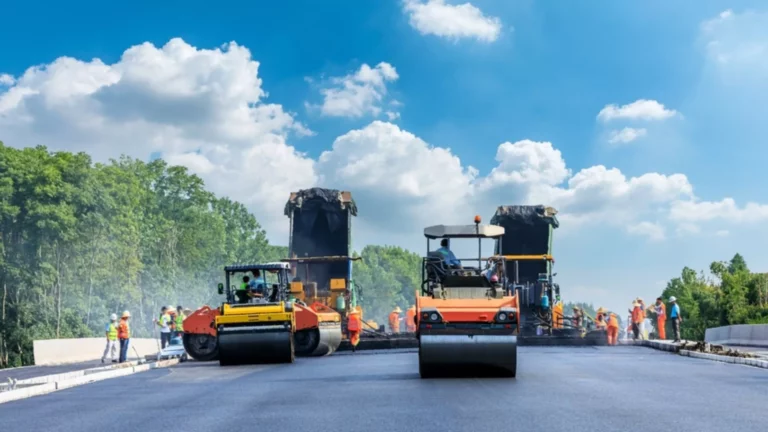In California, a bill has been introduced that aims to impose penalties on oil and gas companies for maintaining minimal production wells near residential and community areas until they are sealed and permanently abandoned.
About the new bill
The legislation, known as AB2716 and proposed in February by legislator Isaac Bryan, seeks to expand the measures established by SB1137, ratified on September 16, 2022. This previous law already prohibited new permits for oil and gas wells within 3200 feet of residential buildings, schools and health care facilities.
The new proposal defines low production wells as those that do not exceed 15 barrels of oil per day or whose natural gas production does not exceed 60,000 cubic feet per day for a consecutive year. In addition, fines of $10,000 per day are established for the owners of these wells if they remain in operation under these conditions beyond 24 months, beginning July 1, 2026.





The destination of the funds collected from fines
Revenues generated from these fines would be used to seal and abandon the wells involved, as well as to implement other remedial measures to protect public health and the environment from the hazards associated with oil and gas development.
For its part, the Independent Petroleum Association of California argues that this bill could lead to higher energy prices and give an advantage to international producers with lower environmental standards. According to a FracTracker report, there are currently 28,000 wells operating within the 3200-foot restriction established by SB1137, suggesting a significant impact on state production.
California, which accounted for 2.3 percent of the oil production U.S. crude oil and 4.2% of oil reserves in 2021, could see an increase in oil imports and worsening environmental conditions if wells affected by this legislation are shut down, according to critics of the measure.
It is important to note that a referendum scheduled for November of this year will allow California voters to decide on the future of SB1137, in a move that highlights the controversy and public debate surrounding natural resource development and its environmental and community impact.
Definitely, the AB2716 proposal reflects a continuing effort to balance California’s energy needs with environmental protection and public health. This bill underscores the importance of moving towards cleaner and more sustainable energy sources, while minimizing the impact of the hydrocarbon industry on local communities. Its evolution and eventual implementation could serve as a model for other states and countries in the search for a responsible energy transition.
Don’t miss any of our posts and follow us on social media!
Inspenet.com YouTube LinkedIn Facebook Instagram X
Source: rigzone.com
Photo: shutterstock













